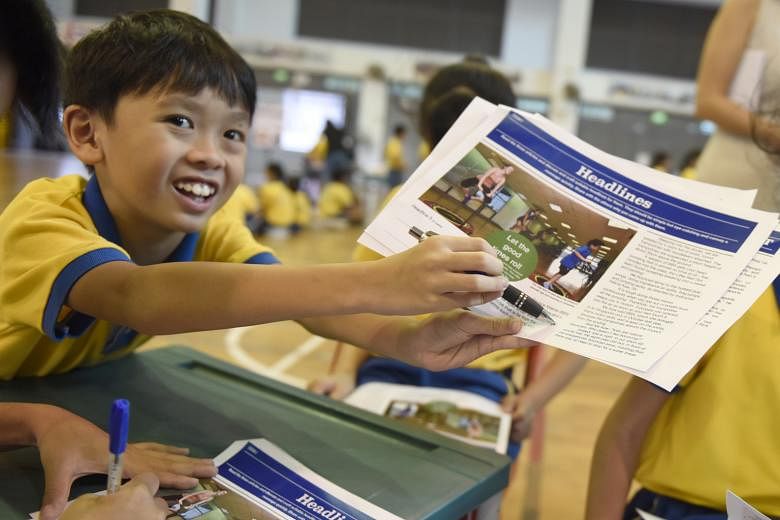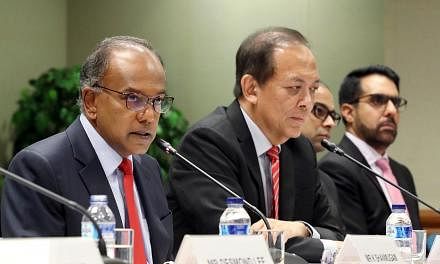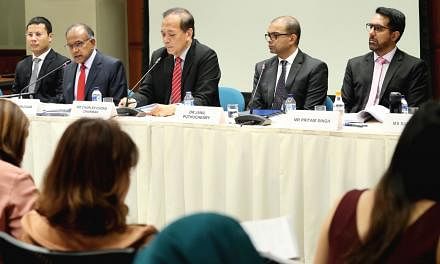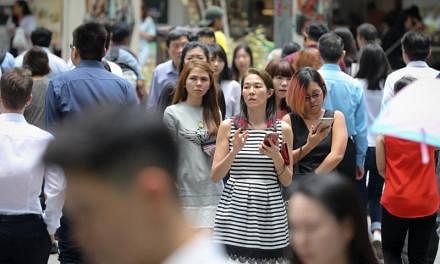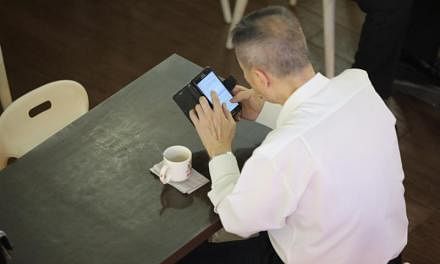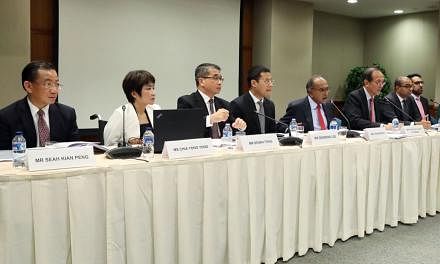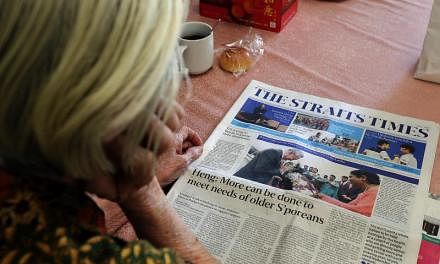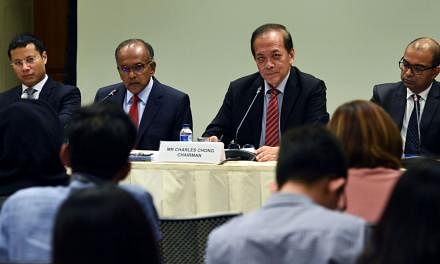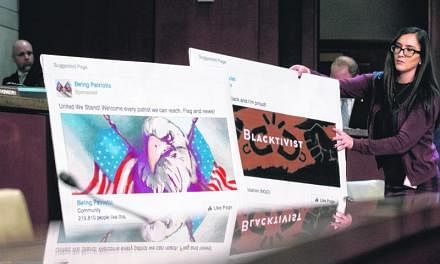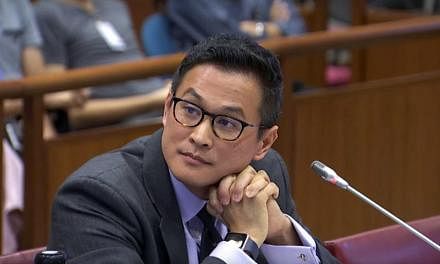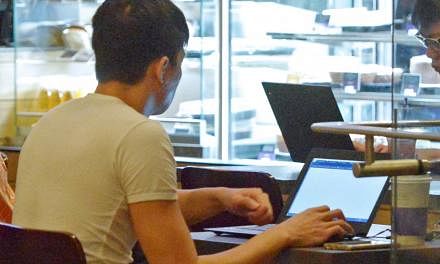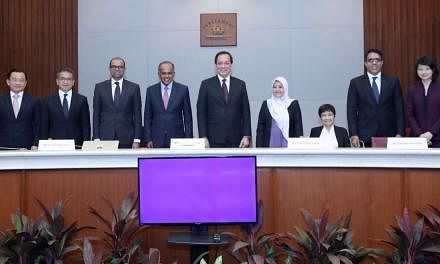A national framework should be implemented to educate the people and equip them with the skills to discern truth from fake news, a parliamentary Select Committee has recommended.
It also suggested that the Government should support and encourage ground-up campaigns and initiatives to combat online falsehoods.
These are among 22 recommendations in a report released yesterday by the Select Committee on Deliberate Online Falsehoods.
In coming up with its findings, the 10-member committee took in written representations and evidence given at public hearings.
The committee said that public education is an "essential long-term measure to ensure that citizens are well-informed, able to discern truth from falsehood and able to interrogate information sources effectively and critically".
It noted that education has to reach all segments of society, including the less educated and less Internet-savvy. This means appropriate mediums must be used.
In its report, the committee listed initiatives by various parties - such as the National Library Board, Media Literacy Council and Education Ministry - in raising media and digital literacy. It said that existing initiatives are a "strong base to build on".
A committee member, Jurong GRC MP Rahayu Mahzam, said: "We are suggesting that whatever existing efforts (there are) be reviewed and be looked at to ensure that they are effective in dealing with... new developments in digital technology."
Ms Rahayu, who was speaking at a press conference yesterday, said the curriculum in schools can be expanded.
Students should be taught about the motivations and agendas of those who spread falsehoods, which will help them understand why these parties do it.
The curriculum should also cover moral and civic education to foster constructive public discourse and responsible online behaviour.
"Also, we are encouraging critical thinking... These are important skills and need to be continually updated," she said.
Marine Parade GRC MP Seah Kian Peng, also a committee member, said it is important to include the wider population, such as the elderly, in the education efforts. There must be adequate resources to target those who are non-English speakers, he added.
In its report, the committee said that having a national framework will help to coordinate and guide public education initiatives. The framework will help coordinate the efforts across government so the outreach covers all segments of society, it added.
Committee member Chia Yong Yong yesterday highlighted the importance of understanding the impact of deliberate disinformation.
"A great part of what we need to do is to persuade people that we are facing serious issues and that each individual has the responsibility to take action to verify information, to think critically and also to respond responsibly," she said.
